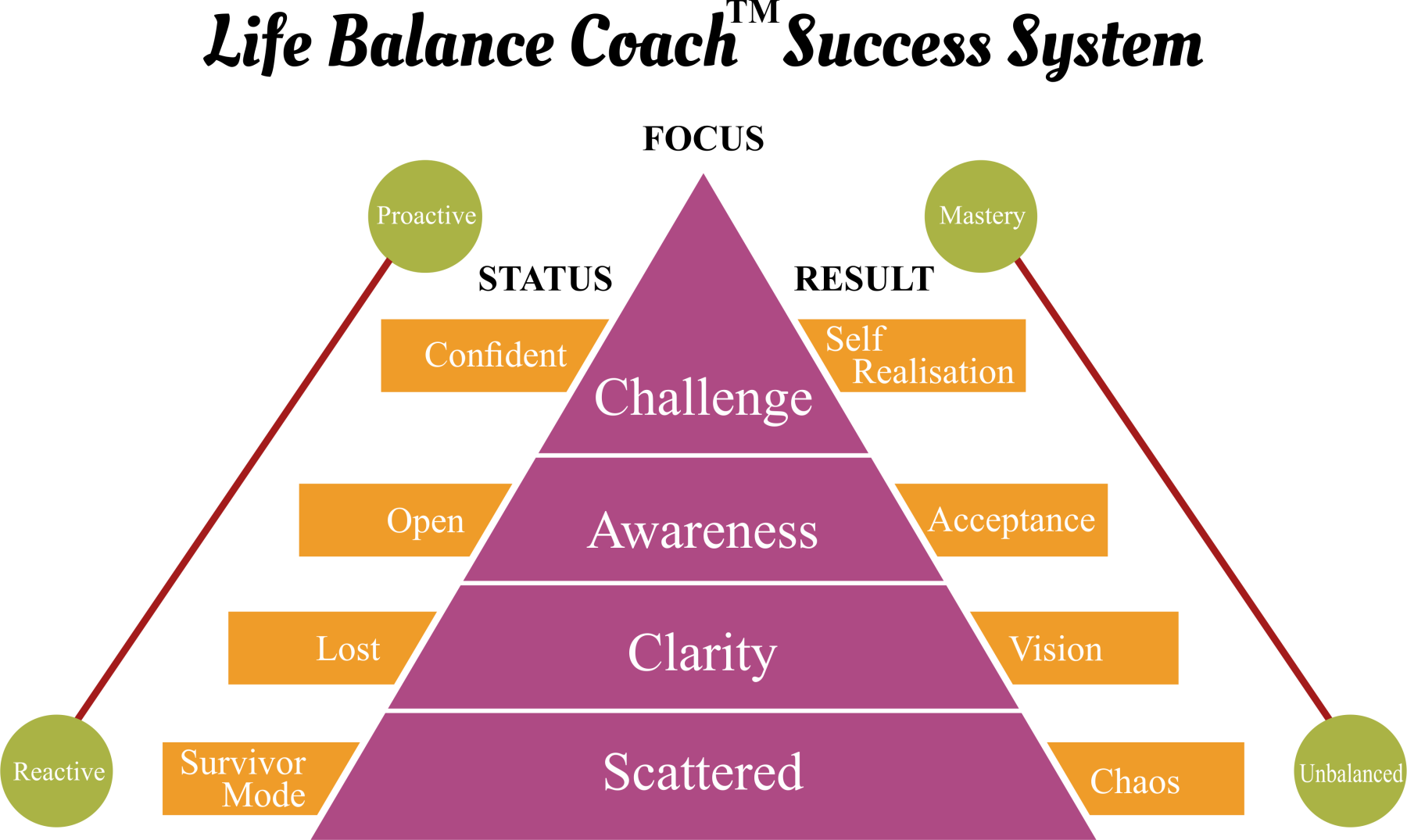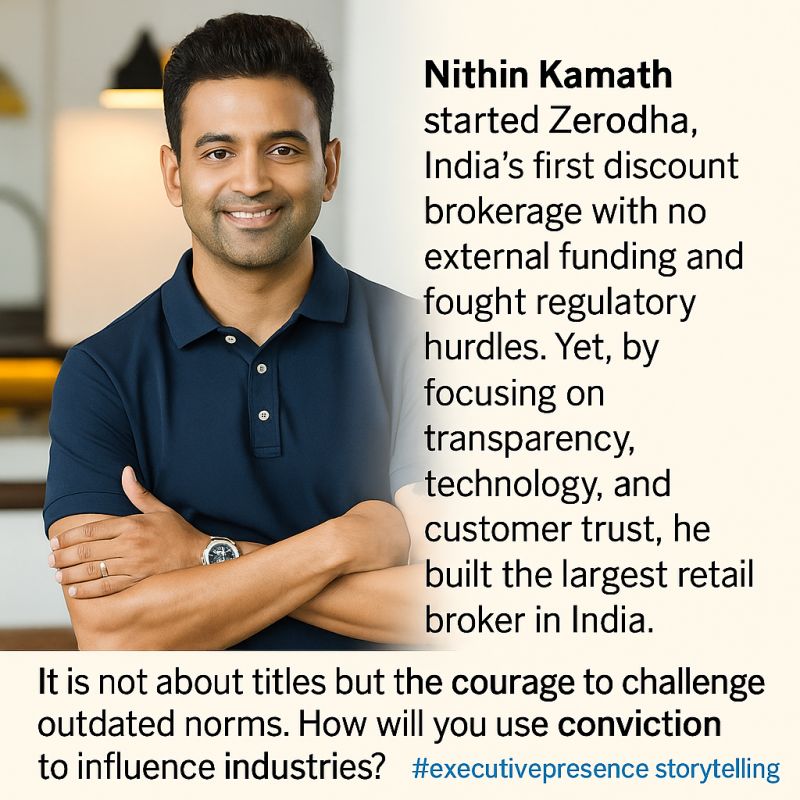In today’s fast-paced world, the pressures of modern life have led to a rise in mental health struggles, particularly among individuals balancing work, relationships, and personal aspirations. Depression, anxiety, and stress have become common ailments affecting people across the globe. According to the World Health Organization (WHO), over 300 million people suffer from depression worldwide, while suicide rates continue to increase at a distressing rate of around 800,000 deaths annually. Meanwhile, insomnia and chronic anxiety have emerged as widespread issues, with nearly 19% of U.S. adults affected by anxiety disorders every year.

The result? An increasing demand for support and guidance to overcome these challenges. People are turning to professionals for help—individuals who can offer practical advice and actionable solutions to help them navigate the complexities of life. This has created a growing need for life coaches, who play a crucial role in supporting people through personal and professional transformations.

Myth-Busting: What Life Coaching Is and Is Not
Before we dive into the steps to becoming a life coach, it’s important to address common myths about life coaching that often prevent people from seeking help or considering it as a career.
- Myth #1: Life coaching is only for the rich.
Contrary to this belief, life coaching is accessible to anyone seeking personal growth, clarity, or direction. People from all walks of life, not just the wealthy, benefit from life coaching. The value lies in the transformation that happens when someone learns how to overcome their own barriers and unlock their potential. - Myth #2: Life coaching is only for “crazy” people.
This couldn’t be further from the truth. Life coaching is not about fixing broken people but empowering individuals to become the best versions of themselves. Many successful people—entrepreneurs, athletes, and executives—use life coaching to increase productivity, improve relationships, and maintain emotional balance. Life coaches are not therapists, but rather, they act as mentors and guides, helping clients work through challenges and achieve tangible results.

In fact, studies have shown that life coaching can lead to significant improvements in happiness, productivity, relationships, and personal growth. Clients often report increased motivation, better decision-making, and a stronger sense of purpose after engaging with a skilled life coach.
Famous Examples of Coaching’s Impact
Top performers such as Oprah Winfrey, Bill Gates, and Serena Williams have publicly acknowledged the transformative effect of life coaching on their lives and careers. Coaching helped them sharpen their focus, gain clarity on their goals, and overcome internal blocks to achieve their peak performance. Life coaching isn’t just for those struggling; it’s also a tool for those striving for excellence.
Why It’s More Important Than Ever
Life coaching has never been more relevant than it is today. The world has changed, and with it, the challenges that individuals face. Rising stress levels, burnout, social isolation, and work-life balance issues have contributed to a demand for guidance and support. As Anand Munshi, a seasoned life coach, often says, “Coaching is the bridge that connects where you are now to where you want to be.”

In these uncertain times, people are seeking clarity, direction, and support to cope with the complexities of modern life. Whether it’s career transitions, personal development, relationship issues, or finding a sense of purpose, life coaches help clients navigate these challenges and thrive in an often chaotic world.
What a Life Coach Is Not
While life coaching is highly effective, it’s important to understand its boundaries. A life coach is not a therapist or counselor. Life coaches do not diagnose or treat clinical mental health disorders like depression, anxiety disorders, or bipolar disorder. Instead, life coaching is a proactive, goal-oriented approach to personal development. Life coaches help individuals identify and overcome obstacles, set meaningful goals, and achieve greater fulfillment in their personal and professional lives.
Prerequisite: What You Need to Become a Life Coach
Becoming a successful life coach requires a blend of personal qualities, skills, and education. Here’s what you need:
- Self-Awareness and Empathy: A good life coach understands their own emotions, behaviors, and biases. They can also empathize with clients, understanding their struggles without judgment.
- Communication Skills: Life coaches must be able to actively listen, ask powerful questions, and communicate in a way that encourages action and positive change.
- Problem-Solving Ability: A life coach helps clients work through challenges by providing practical tools and strategies. Creative thinking and resourcefulness are key.
- Desire to Help Others: A genuine passion for helping people improve their lives is essential for success in this field.

Steps to Becoming a Life Coach
- Clarify Your Niche: Life coaching is broad. You may choose to specialize in areas such as career coaching, wellness coaching, relationship coaching, or mindset coaching. A clear niche allows you to target your ideal audience.
- Get Trained and Certified: While it’s possible to start coaching without formal training, certification from a recognized coaching body ensures you have the necessary skills, methodologies, and ethical standards. Certification typically takes between 6 to 12 months to complete, depending on the program. The time invested in this step will provide you with both the confidence and the credibility to attract clients.

- Gain Experience: Start by offering free sessions to friends, family, or volunteering in your community. The more hands-on experience you gain, the better equipped you’ll be to handle different client needs and challenges.
- Pass the Certification Exam: After completing training, you will typically need to pass an exam or submit a portfolio of your coaching work to become officially certified.
- Market Your Practice: Build your personal brand and create an online presence. A website, social media accounts, and client testimonials can help establish your credibility and attract clients. Anand Munshi advises, “Your brand is not just your logo; it’s the promise you make to your clients that you will help them achieve their goals.”

Building Your Life Coaching Practice
Once you’re certified, here’s how you can set up and grow your coaching practice:
- Create Your Brand: Define who you are as a coach, what you stand for, and what you offer. Use this to create a strong, consistent brand across all your marketing materials.
- Gain Confidence and Experience: Don’t be afraid to start small. Begin by offering free or discounted sessions to build experience, confidence, and testimonials. As your skills grow, so will your rates.
- Start Charging: Once you’ve gained enough experience, it’s time to set your rates. Starting coaches typically charge $50–$100 per hour but can increase their fees as they gain credibility and experience.
- Continuously Improve: The coaching field is dynamic, with new tools and techniques emerging regularly. Attend workshops, read books, and invest in further education to keep up with evolving trends and better serve your clients.
- Focus on Client Results: Your success as a coach will be directly tied to the results you help your clients achieve. Prioritize their growth, and your reputation will grow as a result.

Topics to Learn and Methods of Coaching
A life coach should be well-versed in the following areas:
- Goal Setting and Achievement: Teach clients to set clear, measurable goals and create step-by-step plans to achieve them.
- Emotional Intelligence: Help clients improve self-awareness and emotional regulation to make better decisions and handle life’s challenges.
- Mindset Coaching: Support clients in shifting from a fixed mindset to a growth mindset, fostering resilience and a proactive attitude.
- Behavioral Change: Guide clients in changing negative habits and establishing positive routines.
During coaching sessions, methods like Solution-Focused Coaching, Cognitive Behavioral Coaching, and Mindfulness-Based Coaching can be employed to help clients move from where they are to where they want to be.
How Much Can You Earn as a Life Coach?

The potential earnings of a life coach vary depending on factors like experience, niche, and location. On average, life coaches charge between $50 to $300 per hour. Coaches with specialized niches or advanced experience can charge more. As a side career, life coaching can be a highly lucrative source of extra income. Many coaches work part-time, offering flexible hours that suit their lifestyle.

Life Coaching vs. Clinical Psychology
While both fields focus on improving mental well-being, they serve different purposes:
- Clinical Psychology: Deals with diagnosing and treating mental health disorders. Psychologists are trained to work with clinical conditions like depression, anxiety, and trauma.
- Life Coaching: Focuses on personal development, goal setting, and overcoming obstacles. Life coaches work with healthy individuals who are looking to improve their lives or achieve specific goals.
Life coaches complement therapy by helping clients build the mindset and habits necessary to create lasting change.

Scope for Growth
The life coaching industry is growing rapidly, with a projected annual growth rate of 6%. As people continue to seek ways to improve their lives, the demand for skilled coaches will continue to rise. Coaches who specialize in high-demand areas like executive coaching, wellness, and leadership may have additional opportunities for growth.

Methods of Counseling
Some effective methods used by life coaches include:
Mindfulness and Stress Management: Teaching techniques to reduce stress and increase emotional resilience
Cognitive Behavioral Coaching: Identifying and reframing negative thoughts to create healthier behaviors.
Solution-Focused Coaching: Helping clients set practical, action-oriented goals.

More Information: Please visit: Register and Book A Discovery Call



















